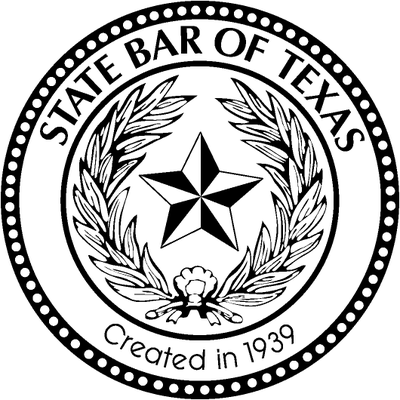In Marsh USA Inc., et al. v. Cook, — S.W.3d —, 2011 WL 2517019 (Tex. June 24, 2011) (not yet released for publication), the Texas Supreme Court held that providing stock options to an employee is sufficient consideration to support a noncompete. According to the majority opinion, because the stock options were “reasonably related” to the company’s interested in protecting its goodwill, the covenant not to compete is enforceable.
Marsh departs from decades of established noncompete law in Texas. Texas law previously required that the consideration given by the employer give rise to the employer’s interest in restraining the employee from competing. In other words, Texas law previously required that employers give employees something of value that, if shared with another employer, would allow unfair competition—for example, trade secrets, confidential information, or special training—thereby justifying the covenant not to compete.
In his dissenting opinion, Justice Paul Green argues that if stock options can support a noncompete, then any financial incentive can support a noncompete. According to Green, “Texas courts have stated time and again that an employer cannot buy a covenant not to compete, and the Court’s decision allows Marsh and other employers to do exactly that.”
Marsh makes noncompetes easier to enforce. But whether the decision will ultimately benefit employers is unclear. As stated by Justice Willett in his concurring opinion, “overreaching restrictions lock up human capital and decelerate the beneficial knowledge spillover that accrues from greater mobility.”









